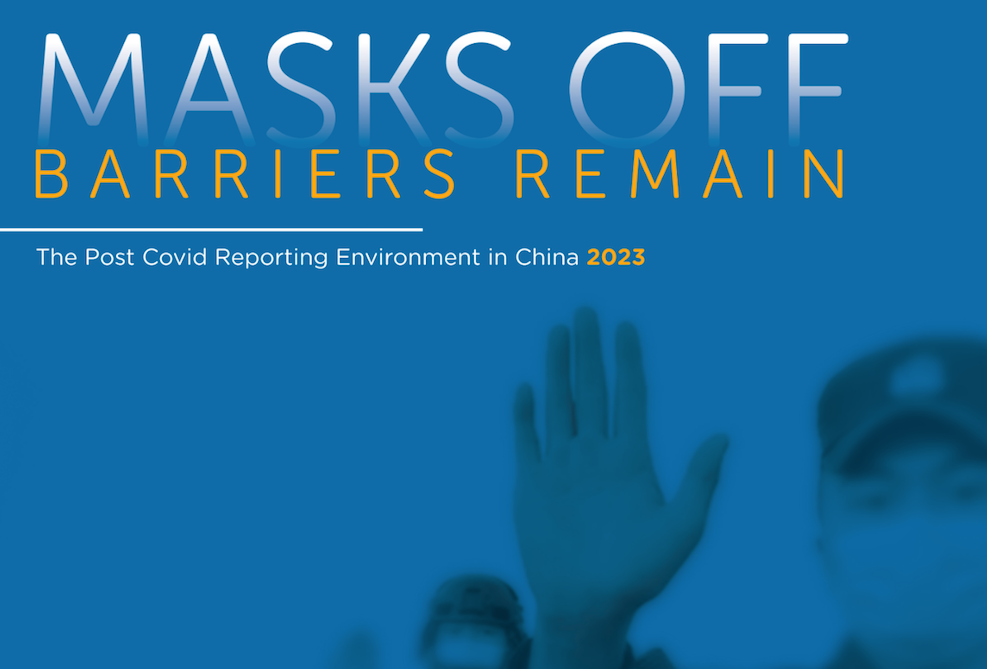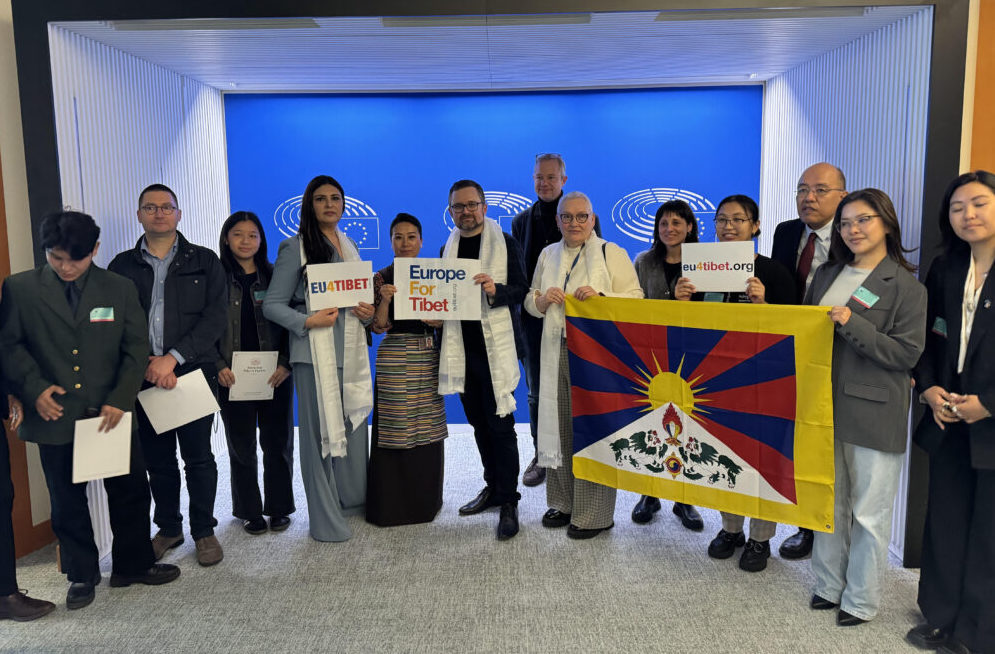 CHANGES: The foundation will take over relations with the Tibetan government-in-exile from the Mongolian and Tibetan Affairs Commission, which is slowly to be abolished
CHANGES: The foundation will take over relations with the Tibetan government-in-exile from the Mongolian and Tibetan Affairs Commission, which is slowly to be abolished
By Lin Chieh-Yu
STAFF REPORTER
The government is to abolish the Cabinet-level Mongolian and Tibetan Affairs Commission, many of the functions of which will be taken over by a new Taiwan-Tibet Exchange Foundation (¥xÆW¦èÂÃ¥æ¬y°òª÷·|) which is to be formally established today.
The government’s move makes a break with the past claims of the ROC to sovereignty over Tibet and Mongolia, a claim it backed up by retaining a Cabinet Agency to handle their affairs.
“President Chen Shui-bian (³¯¤ô«ó) and the representative of the Tibetan government-in-exile, Tashi Wangdi, will attend the founding ceremony [on Monday] afternoon of the Taiwan-Tibet Exchange Foundation,” said the source, “and we believe that it will serve as an non-official communication channel, but supported by the government, between Taiwan and the Tibetan government-in-exile.”
A source from the DPP’s legislative caucus also told Taipei Times that a visit to the home of the Tibetan government in exile in Dharmsala, India, was being arranged for a cross-party delegation of lawmakers.
The delegation may be accompanied by Weng Shih-chieh (¯Î¥KªN), the deputy secretary general of the new foundation, a young scholar who is a Tibetan affairs expert.
The foundation will consist of government think-tank members, DPP members and private entrepreneurs familiar with Tibetan affairs.
Day Sheng-tong (À¹³Ó³q), chairman of the National Association of Small and Medium-Size Enterprises, will serve as the foundation’s first chairman, according to the source. DPP Legislator Hsiao Bi-khim (¿½¬üµ^) will serve as vice chair and Presidential Office Secretary-General Joseph Wu (§d°xÀè) will be its deputy secretary-general, according to the source.
The source said that preparations for the foundation have been under way for more than a year, and funding for the foundation will come from both government and private sources.
The source stressed that since Taiwan has new channels of communications with both Mongolia and Tibet, the Mongolian and Tibetan Affairs Commission will gradually be wound down.
The commission is a legacy from the KMT government, which claimed sovereignty over China, Tibet and Mongolia.
“Taiwan and Mongolia have already set up mutual representative offices. After the foundations’ inception, the commission will see its functions dwindle even further,” the source said.
The commission’s view of Tibet as part of China has generated a great deal of unhappiness in its dealings with the Tibetan government-in-exile, according to the source. It also created obstacles in the run-up to the Dalai Lama’s two visits to Taiwan, in 1997 and 2001.
“After its inception, the foundation will take over bilateral exchanges such as religious, cultural and tourism matters,” the source said. “It will also mediate disputes and handle visits by people from each side.”
Since it used to regard Tibet as part of China, Taiwan used to handle visits by officials of the Tibetan government-in-exile in the same way as visits by PRC officials. This has caused tension between the two governments.
The problem was resolved after the Ministry of Foreign Affairs took over issuing visas to visiting Tibetan officials.
Taiwan, however, still lacks an official entity dedicated to handling what have become extensive bilateral religious exchanges, and the new foundation is designed to fill that role. Tibetan Buddhism has attracted a significant following, in Taiwan over the past decade.
The foundation officials are optimistic about raising funds from private entrepreneurs, given the popularity of Tibetan Buddhism. The foundation’s work will focus primarily on religious and cultural exchanges and humanitarian aid. It will not be involved in politics and will not become embroiled in the unification-independence issue, according to the source. The foundation’s operations will include medical aid, agricultural techniques for Tibetan exiles in India, language training, academic exchanges, volunteer work and publishing.









